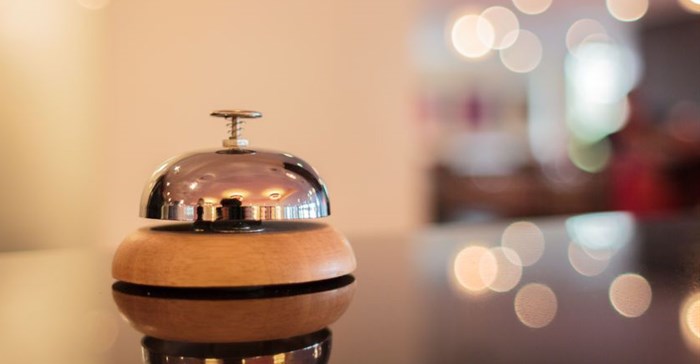Loyalty programmes are on the increase with almost every industry offering point incentives. These programmes are growing in popularity and it appears to be working well for brands to attract repeat business. However, there's no place for loyalty programmes in the hotel business - they're a 'smoke and mirrors' strategy that hides extra costs and fails to give customers what they really want.

©Stephan Stockinger via
123RFJust about every industry has a loyalty programme, whether it’s retail stores, hotel groups, airlines, supermarkets, and even banks, all of which are immensely popular with patrons and seem to work well in attracting repeat business for the brands that offer them.
I firmly believe that the best way to earn and keep the loyalty of your customers is to offer them the best possible value for money, and to give them the facilities they need, and avoid the expensive extras that they don’t want.
Hotel groups that offer loyalty programmes are hiding costs behind pretty promises – and it’s always been our approach to keep unnecessary costs to a minimum.
Five reasons to do away with loyalty programmes
• Accommodation is a more price-sensitive product than most, with more options available to customers than in just about any other industry. For example, South Africa has five major banks, so competing loyalty offerings are a swing factor for clients choosing a new banking option.
However, there are thousands of hotels owned by thousands of individuals and companies in South Africa – so it really is price and value for money that’s going to win your client over, more so than a loyalty programme.
• Your customers have more access to more information via the hundreds – if not thousands – of apps and websites that help them check prices, read reviews and compare hotels. Now more than ever, they’re going to see through the 'fluff' of a loyalty programme, and will trust the transparency of another customer’s review of your venue before they choose it because you’re offering a free drink with dinner.
• Loyalty programmes are expensive to run. Each programme needs to be administered by staff and technology, with data analysed on a frequent basis along with frequent communication to members to keep them engaged.
Doesn’t it make sense to rather save that back-end, hidden, but very real costs, and pass those savings on to your customers, and earn their loyalty by giving them the best deal?
• While focusing on ways to retain your loyal clients for repeat business is always a good idea, your business will only grow if you attract new customers. It makes more sense to invest in winning over new clients with the best possible deals with transparent Ts and Cs – and reward your existing clients with the same courtesy too.
• Employees often instruct procurement teams to book accommodation where they, the employees, can benefit from a loyalty programme in their personal capacity, rather than choosing the option that’s most cost-effective – likely because it doesn’t have to carry the costs of the programme. While that makes sense for employees, it certainly doesn’t make sense for the corporates that are paying the bills.
Travel vendors also partner with third-party marketing sites to achieve a wider reach. While this exposes them to a broader market, the cheaper prices also frequently exclude guests from earning the loyalty points contributions which are awarded to direct bookings, which often causes anger and confusion, and even brand damage.
Why not just be transparent and honest – and offer the best possible value for money to whoever chooses to stay at your property?

















































